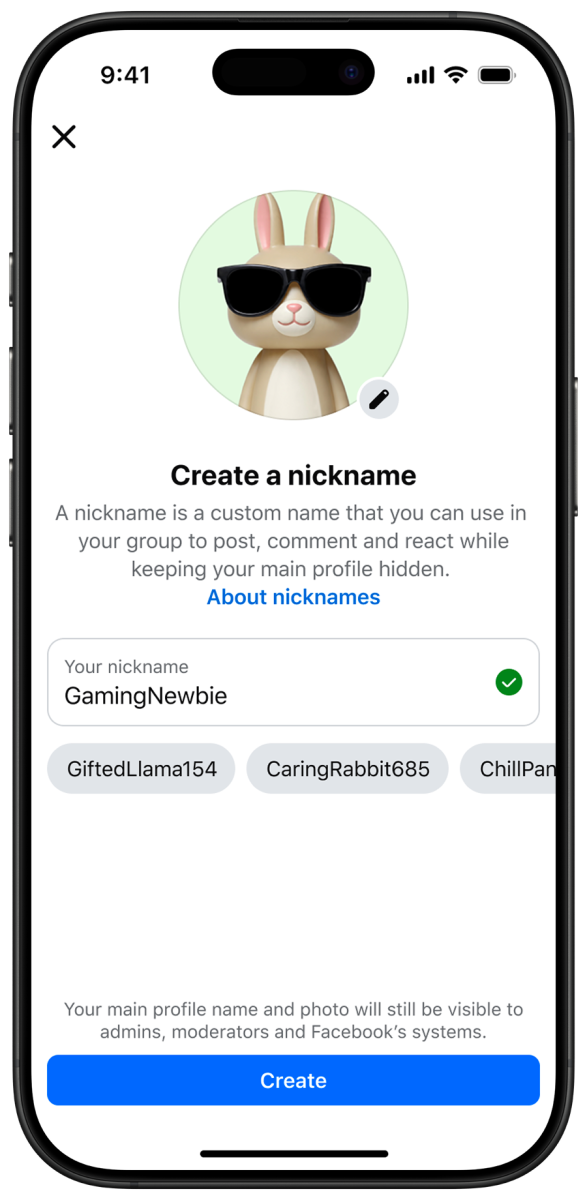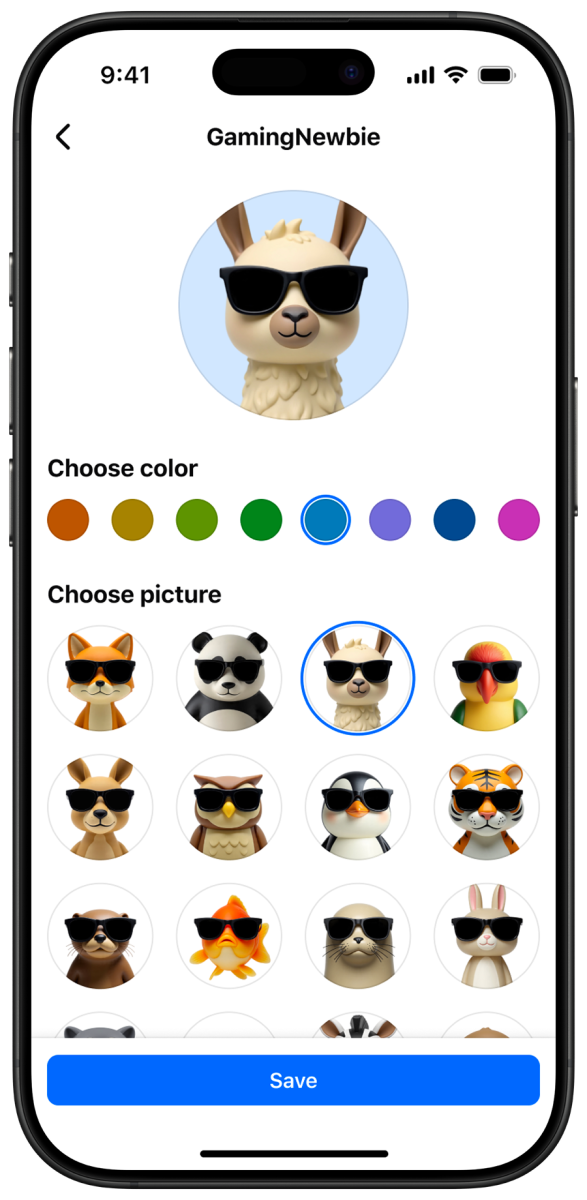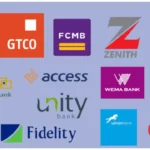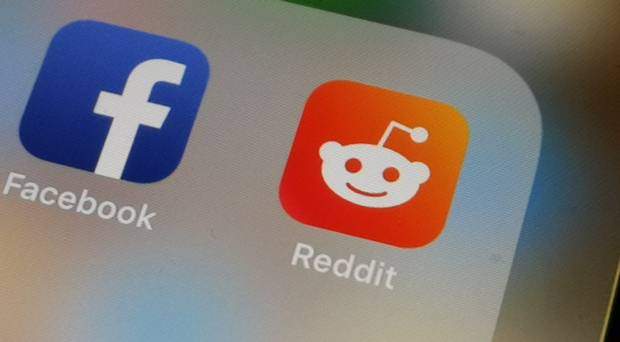Facebook has introduced a new nickname feature for Groups, and the update makes the platform feel more like Reddit or other classic online forums. The change, as gathered by TechMarge, lets people post with a custom username instead of their real name, giving users a middle ground between full anonymity and full identity disclosure. Anonymous posting hides everything, but it also prevents other members from recognising someone’s style, remembering their contributions, or building any kind of connection. Nicknames step into that gap.

Meta explains that nicknames help people participate more freely while still keeping a level of privacy. Many groups deal with personal topics, sensitive conversations, or communities where people simply don’t want their real-life identity tied to their posts. With nicknames, users can stay private while still growing a presence others can recognise. It also nudges Facebook closer to platforms like Reddit and Discord, where usernames—not real names—drive engagement. This shift gradually moves Facebook away from its long-time “real name” rule, which originally made sense when the platform revolved around family, classmates, and friends in your actual life.
As Facebook Groups evolved into spaces filled with strangers, hobbyists, experts, and large communities, the need for more flexible privacy options became obvious. Nicknames solve part of that.

Once someone sets a nickname in a group, they can post, react, and comment with that nickname. Their real profile and photo stay hidden from other members, although group admins, moderators, and Meta itself can still see who is behind the nickname. Group members will also be able to view a person’s posting history under that nickname inside the group, along with their comments and reactions from the past week.
Facebook will suggest nickname options for users, but people can edit them freely as long as the name follows Facebook’s Community Standards and isn’t already taken by another member in the same group. The platform also suggests a profile picture for the nickname, but users can replace it with any available image or choose a different coloured background.
To use the feature, someone simply selects the nickname option when creating a post—right beside the “Post anonymously” button. Once activated, the nickname becomes the identity they use in that group, and they can switch back to their real name at any time.
Facebook allows nickname changes, but only once every two days. And changing the nickname doesn’t wipe your history. Instead, your new nickname will automatically replace the old one across previous posts, comments, and reactions. The update may take some time to sync across devices. If a user has several different nicknames across different groups, changing one only affects the group where the nickname belongs.
Meta notes that people using nicknames won’t have access to certain features such as Live Video, private messaging, or content sharing. Blocking still works, though, users can block others by their nickname if needed.
The feature has launched globally, but group admins must enable it before members can use it.


















